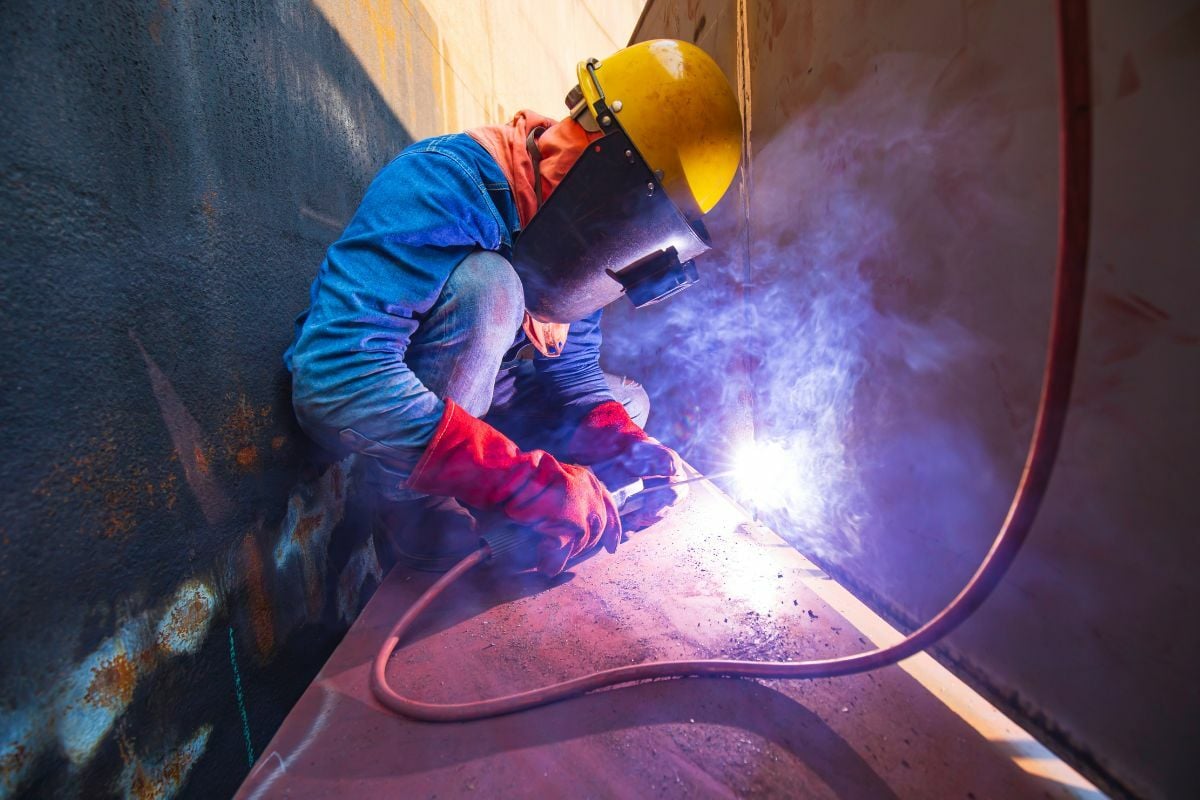Thai steel market stagnation expected in 2023 amid economic concerns

The Thai steel market faces a period of stagnation in 2023, with consumption levels predicted to match those of last year at 16 million tonnes.
This prediction comes from Chaichalerm Bunyanuwat, president of the EAF Long Product Steel Producers Association, who cites the slow resumption of government infrastructure projects, weak consumer spending power, and high household debt as contributing factors.
“We have yet to see positive factors that will increase steel consumption this year.”
Chaichalerm noted that the gradual recovery of the tourism sector and the economy at large is leading to cautious consumer spending.
There is a glimmer of hope in the last quarter, as Bunyanuwat suggests, where domestic steel sales might see an uptick. The potential boost is attributed to the start of new construction projects and farmers purchasing steel materials for home and farm repairs.
However, this optimism is tempered by concerns over the newly formed Srettha Thavisin government’s ability to fast-track infrastructure development. Chaichalerm also raised fears over the potential dumping of cheap steel imports in Thailand, particularly after the EU’s enforcement of the Carbon Border Adjustment Mechanism (CBAM) on October 1.
The CBAM is a tariff aimed at products associated with high levels of carbon dioxide emissions during manufacturing.
The transitional phase, which starts in October, requires importers of iron, steel, aluminium, cement, fertiliser, electricity, and hydrogen to report their imports’ greenhouse gas emissions to the EU, without any financial repercussions. However, come January 1, 2026, importers will need to pay a levy for CBAM certificates.
Chaichalerm voiced concerns over the potential of China and Vietnam flooding the ASEAN market with more steel, following a slowdown in steel consumption within their own countries.
“Local steel makers are worried that cheap steel imports will be dumped in the Thai market and their manufacturing may not meet global standards.”
Chaichalerm further elaborated that this could lead to high carbon dioxide emissions, which could impact Thailand’s production and export of steel-reliant products like cars, electronic products, and home appliances, reported Bangkok Post.
Follow more of The Thaiger’s latest stories on our new Facebook page HERE.
Latest Thailand News
Follow The Thaiger on Google News:


























